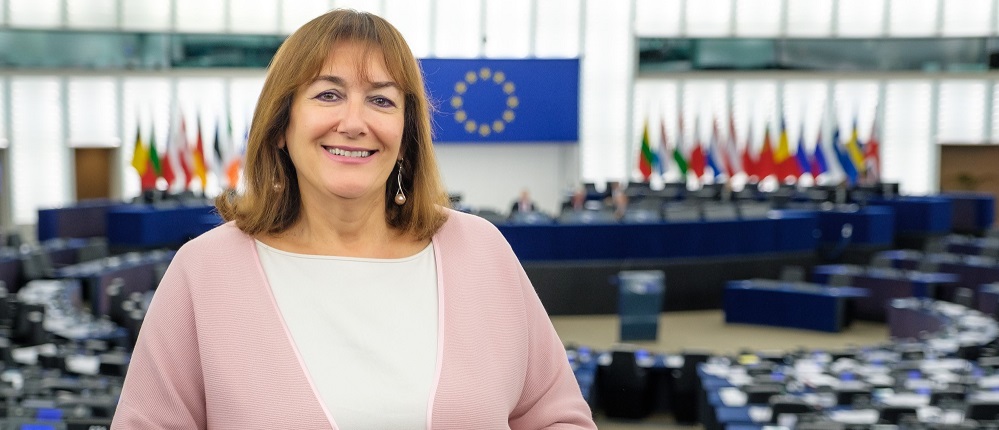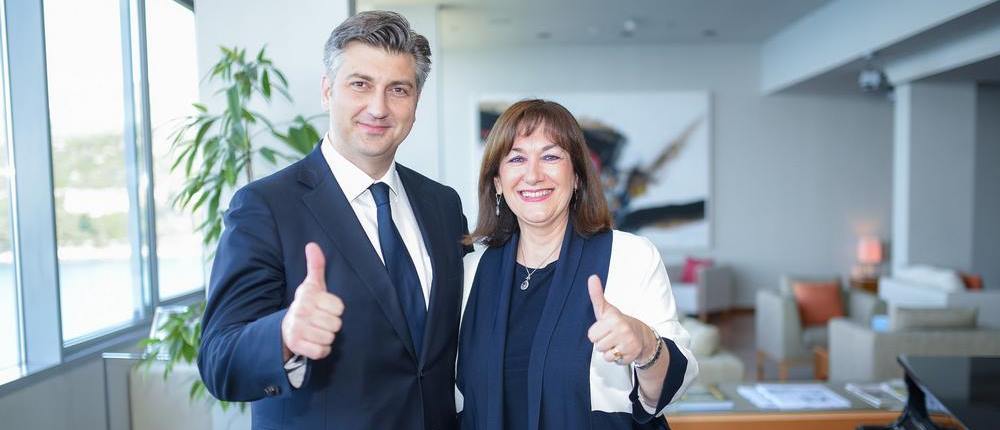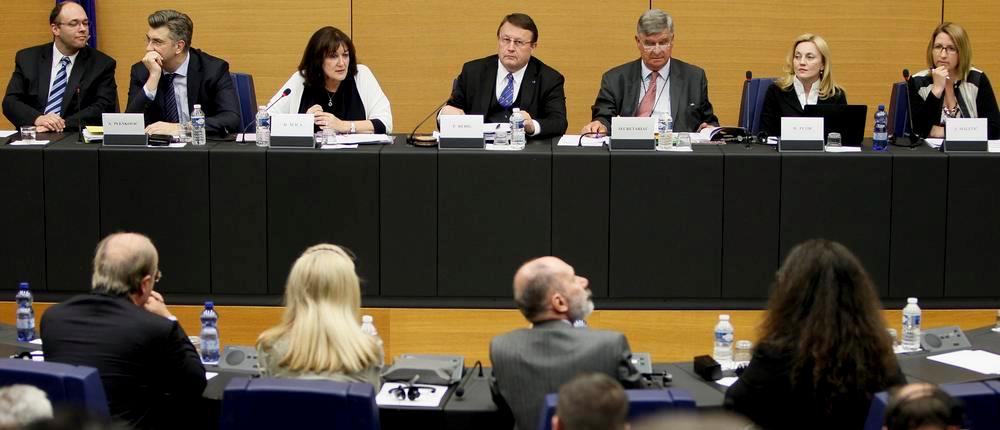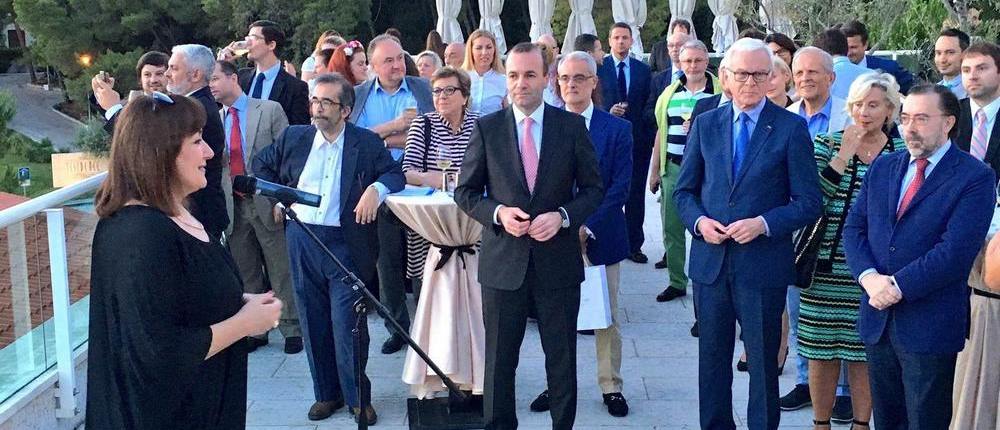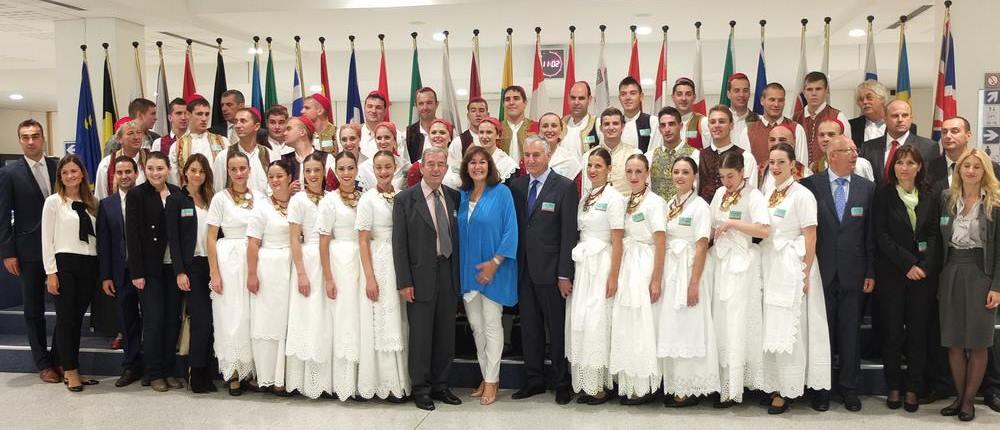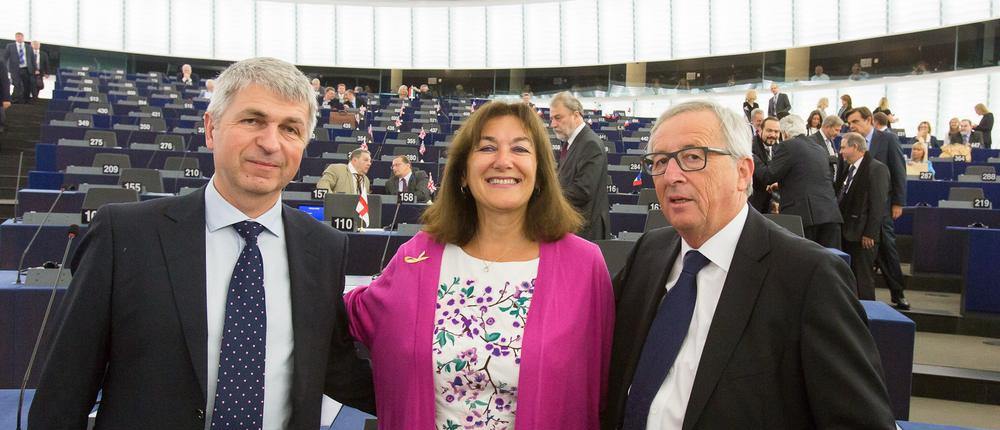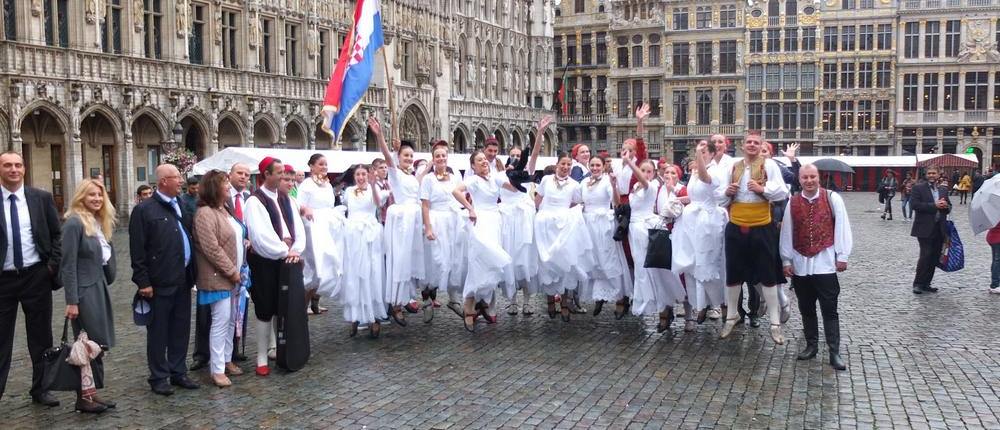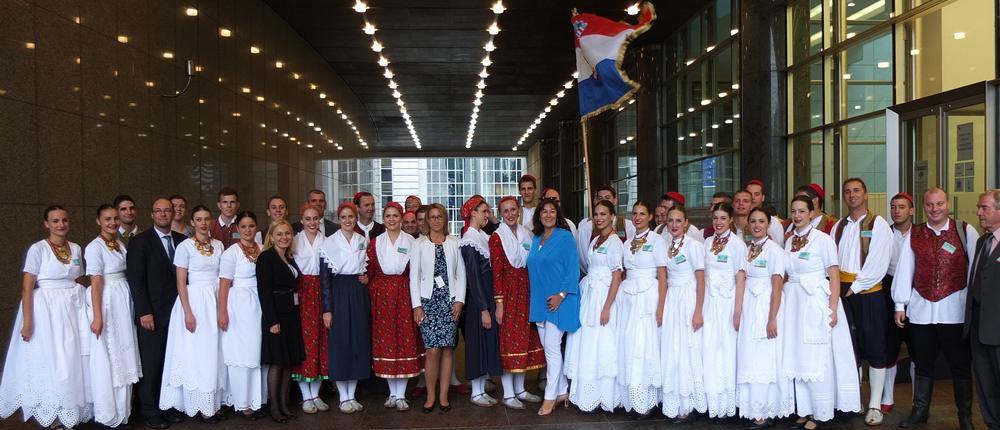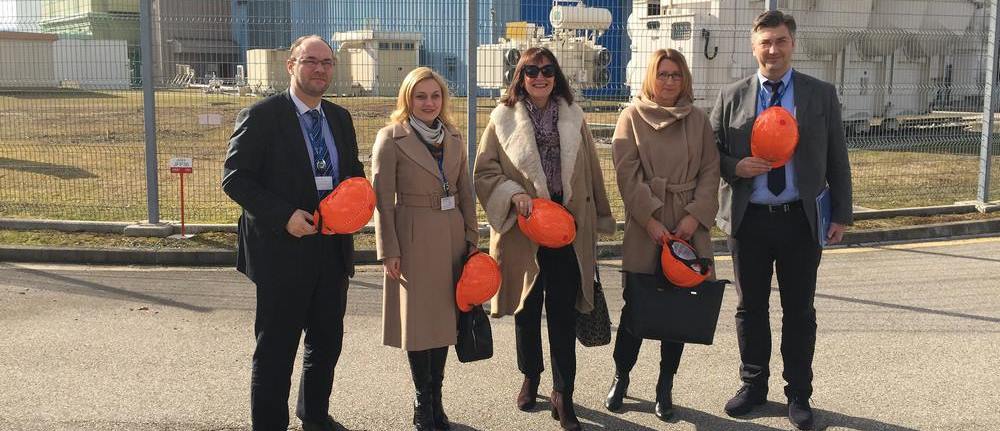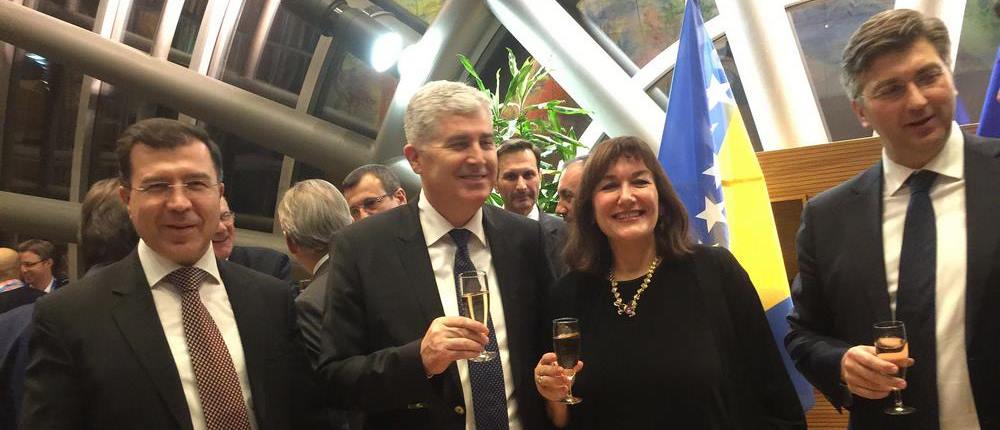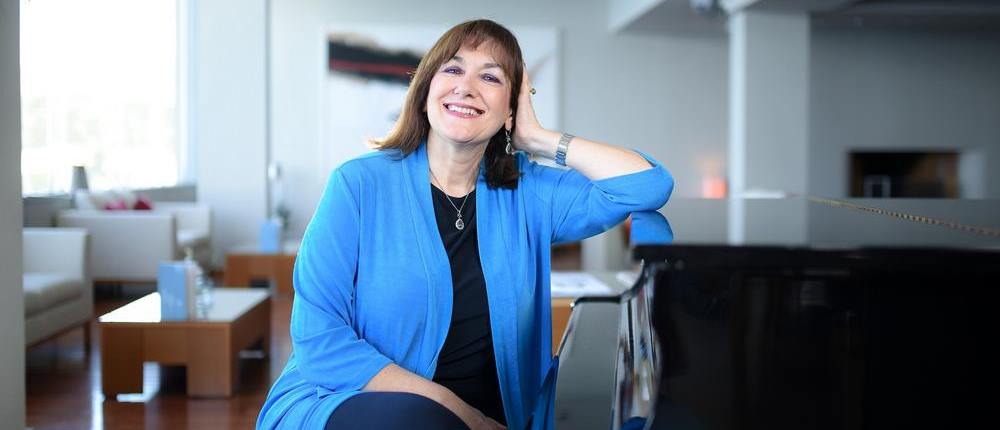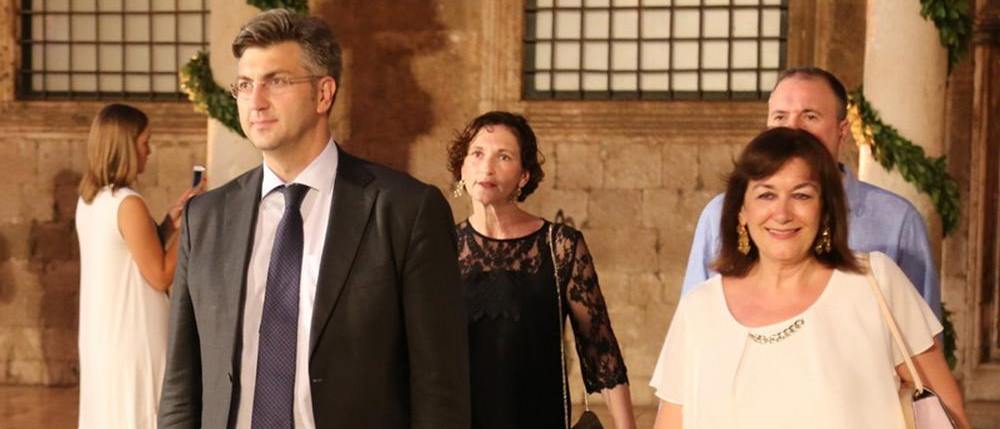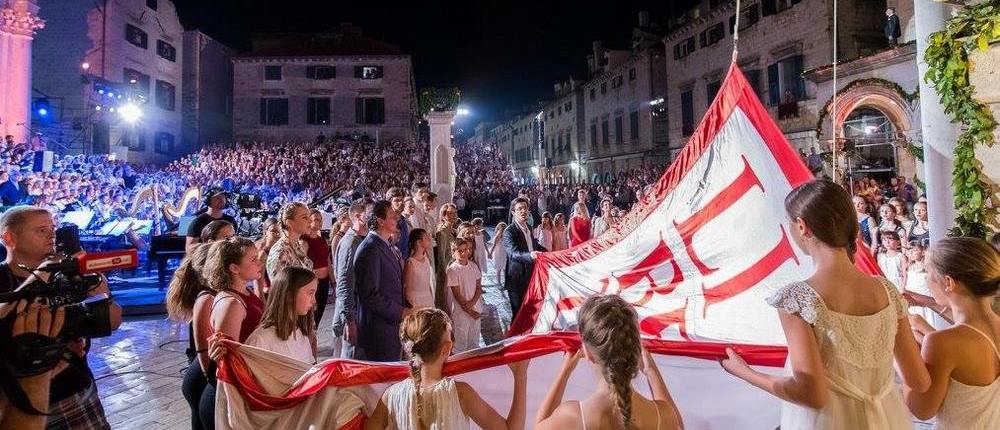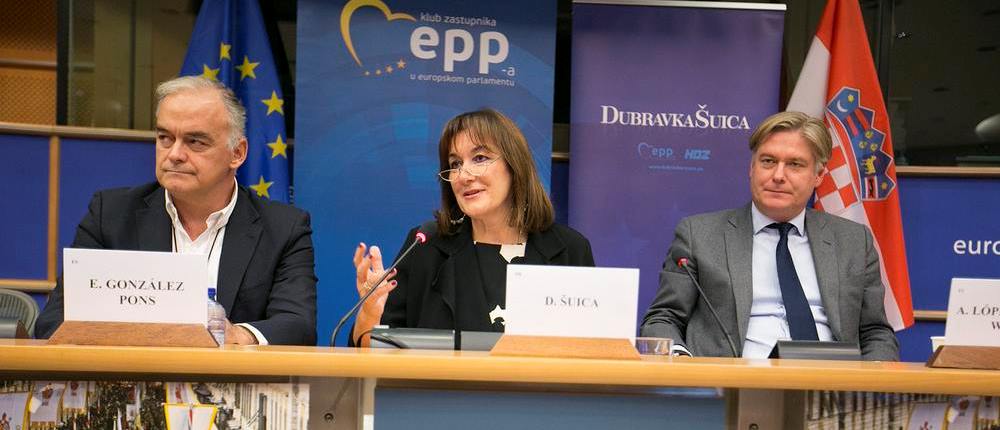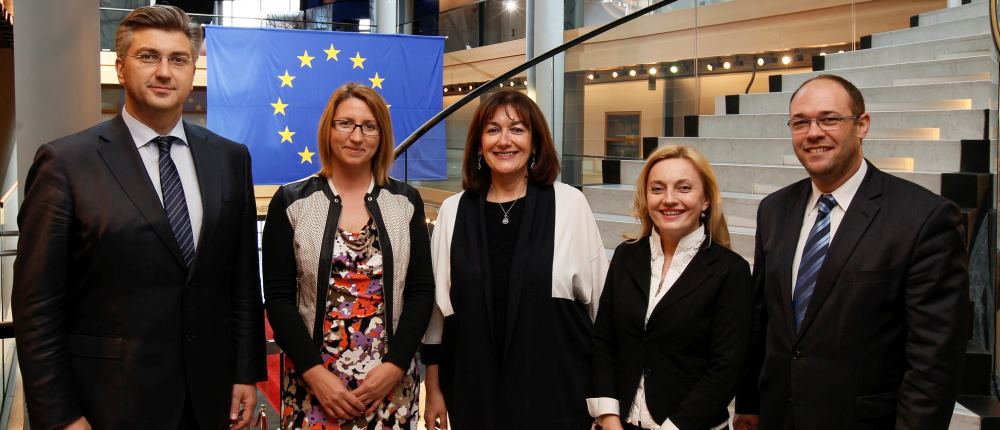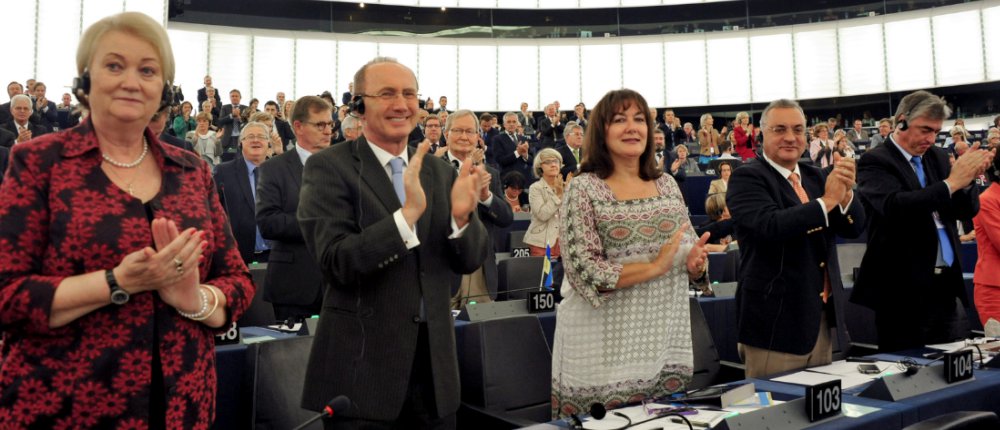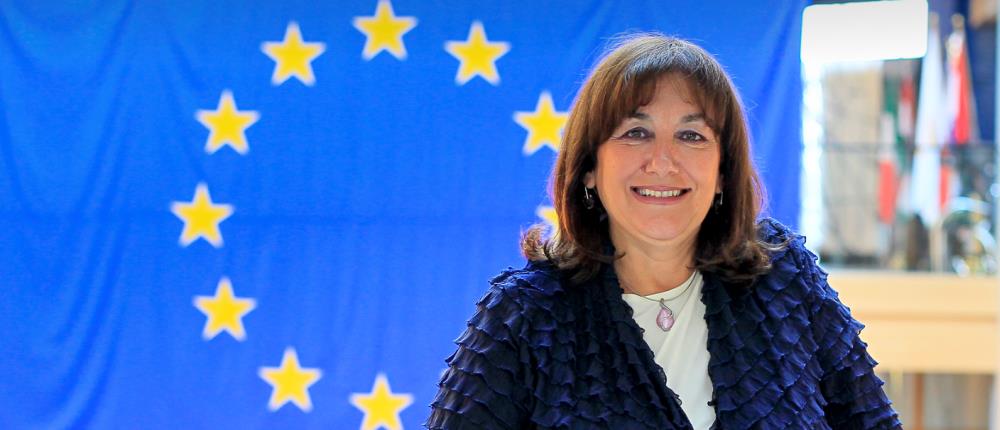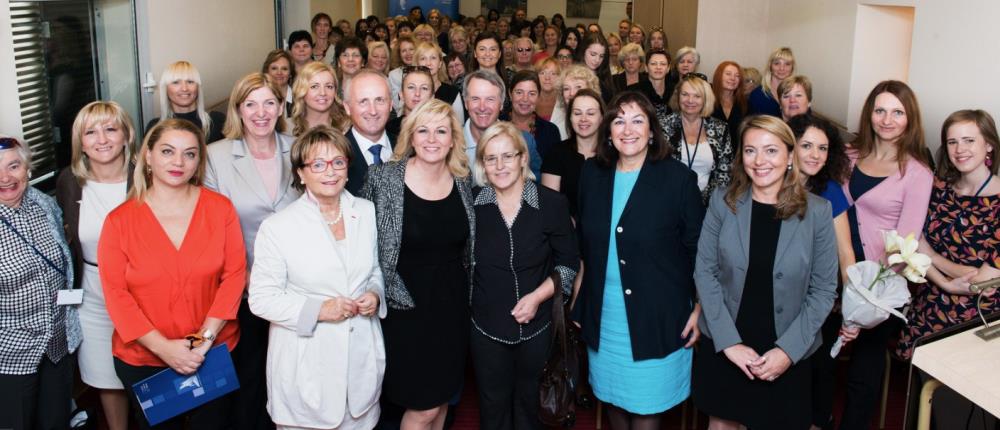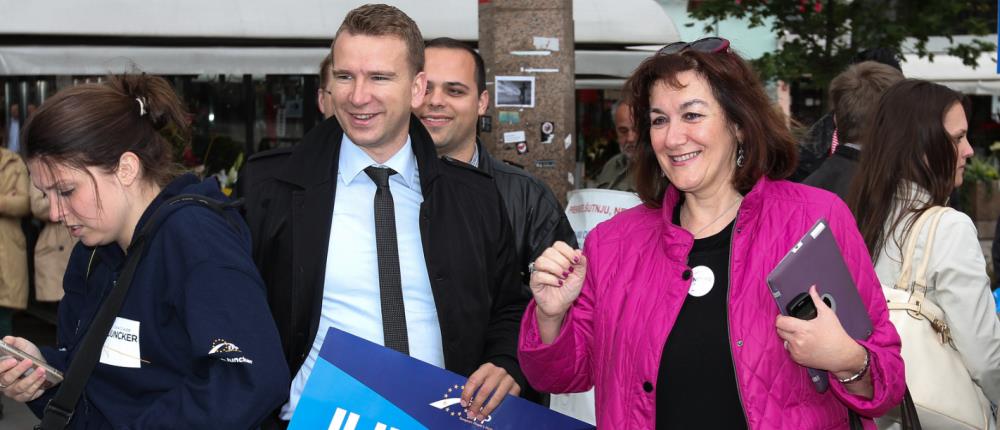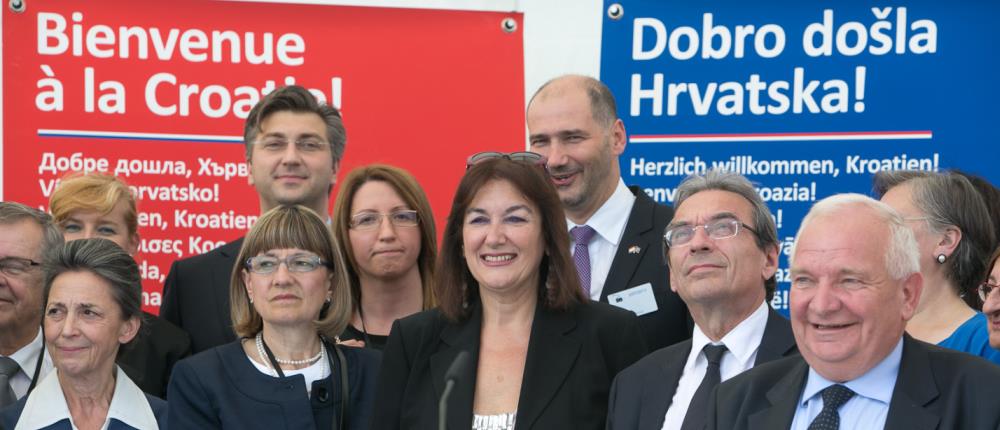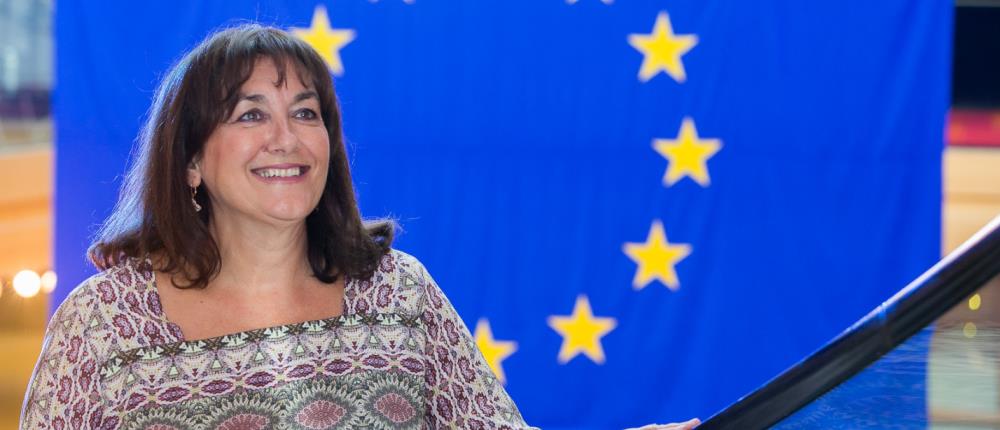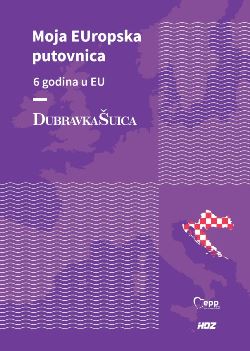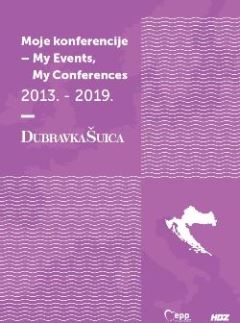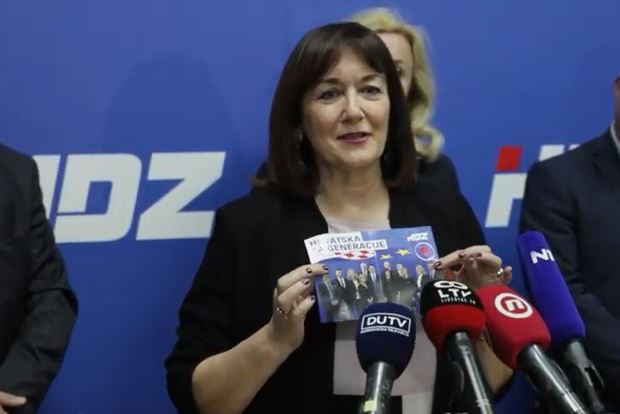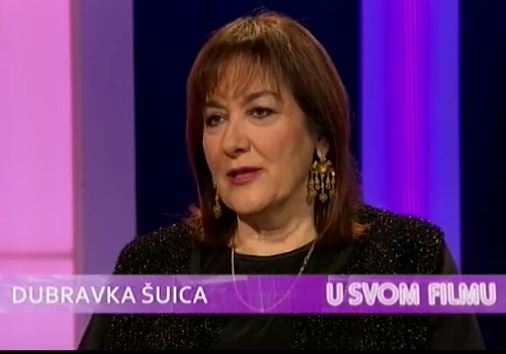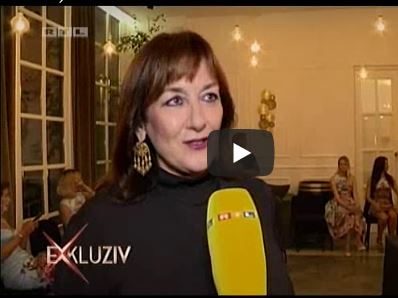Italian Local Authorities in Europe of Regions
Palazzo Brancaccio, Rome, 11 May 2007
Speech by Mrs Dubravka Suica Vice-President of the Council of Europe Congress of Local and Regional Authorities on Dialogue and cooperation between European local communities as a key instrument for development and growth
Friends,
Ladies and gentlemen,
We are approaching the end of our Conference, in this wonderful setting. It has been a very rich and fruitful day, with a high quality of interventions. I'd like to thank you and the organisers for having made this event such a success.
I've been asked to say a little about cooperation between European local and regional communities. Much of the focus today has, understandably, been on the European Union. I'd like for a few minutes, to take you on a journey across the sea - the route that I took in coming here, and that I shall be travelling again tomorrow.
As well as being vice-president of the Congress of Local and Regional Authorities, I am rather better known for being the Mayor of Dubrovnik, which is arguably the most famous historic town of Croatia and certainly its top tourist destination. Croatia, as you know, is not yet a member of the EU, although I am confident that we will be the next country to join. On the other hand, we are heavily involved in European cooperation at the local and regional level.
Last September, it was my pleasure to host an International symposium entitled ''Cultural tourism: Economic Benefit or Loss of Identity?''. We organised this in cooperation with the Culture and Education Committee of the Congress of Local and Regional Authorities. Events such as these provide an invaluable opportunity for municipalities to put their heads together, to pool their ideas, identify good practices and help each other. In this case our theme was both economic and cultural - how to develop tourism without putting at risk the heritage treasures that are the major attraction for the tourists. I think that it is an issue that you also have to grapple with here in Rome.
I take this just as an example of how the Congress works. Another example from the Congress , which is bringing our two countries closer together: the Adriatic EuroRegion, which was launched in February last year in Venice, by Giovanni Di Stasi, the former president of the Congress, with the notable participation of the Croatian Istria region and the Italian region of Molise. We are planning to complement this with a series of "Eurodistricts", which bring together cities such as my own with their counterparts in Italy and the other five Adriatic countries in a close partnership agreement.
The Adriatic EuroRegion is the first of a new generation of EuroRegions that the Congress is actively promoting, which bring together all levels of government – national, regional and local authorities from both EU and non-EU member states.
The Congress of Local and Regional Authorities, which brings together more than 200,000 territorial communities of Europe – at both regional and local level, in its Chambers of Regions and of Local Authorities – is an appropriate platform for cooperation among the countries of the Adriatic EuroRegion, much as of other European regions.
We are well on the way to setting up a "Black Sea EuroRegion", which will provide a similar impetus to development for those countries that surround the Black Sea, increasing their prosperity and reinforcing stability in the region.
Across Europe, we are witnessing a shift of power, both political and economic, towards inter-territorial level. As the European integration process deepens, these new EuroRegions are being created which transcend national boundaries.
It is our experience that local authorities work most effectively when they work together. The Congress recently established the Network of Associations of Local Authorities in South-East Europe – NALAS – which brings together local authorities representing some 60 million people.
Our work to assist and promote stability and development in the Balkans also inspired the creation of the Association of Local Democracy Agencies. The first of these agencies was set up in 1993 in Subotica in today's Serbia. Embassies are now functioning in all the countries of former Yugoslavia.
The model is multilateral decentralised cooperation between local authorities and representatives of civil society. Town-twinning is the key for this cooperation. Each city with an agency has a lead partner city, and a network of other local and regional authorities and associations. It is a sign of the success of this model of cooperation, that it is now beginning to spread beyond the Balkan regions, with the latest agency being established in Georgia.
In the Congress, we are talking more and more about "city diplomacy". We believe that cities have a mission to become crucial actors at the national and international levels.
This week we are participating in the first General Conference of the European Coalition of Cities Against Racism, which is taking place in Nuremberg. In today's Europe, cities are increasingly coming together to pool their efforts in solving problems of this kind.
We have also been heavily involved in the creation of another network that is very relevant to our discussions : the Cities for Local Integration Policies - known in short as the "CLIP network", which was launched in Dublin last September. The CLIP network brings together 25 large European cities to support the social and economic integration of migrants and combat discrimination against them.
We are also becoming aware of the vocation of Europe's cities to develop partnerships with cities in neighbouring countries. We have recently been turning our attention to the Middle East and working with the associations of local authorities in Israel and the Palestinian territories to contribute to building bridges in that region.
Ladies and Gentlemen,
As we reflect at this conference, let us keep in mind that behind all these activities there is a core objective which remains unchanged: putting the citizen in the centre of our concerns, working to improve the stability and prosperity of our communities. Let us not forget that strong and prosperous communities, strong municipalities make strong regions, and strong regions make strong states. I wish this conference every success as we strive towards this ambitious aim.
Thank you.



